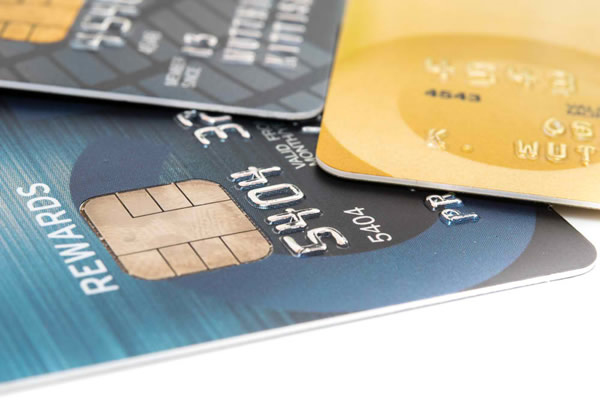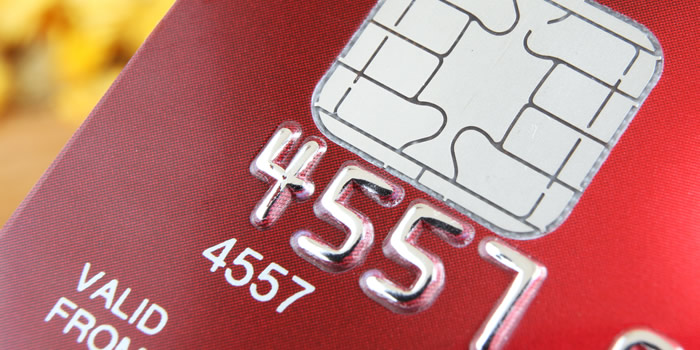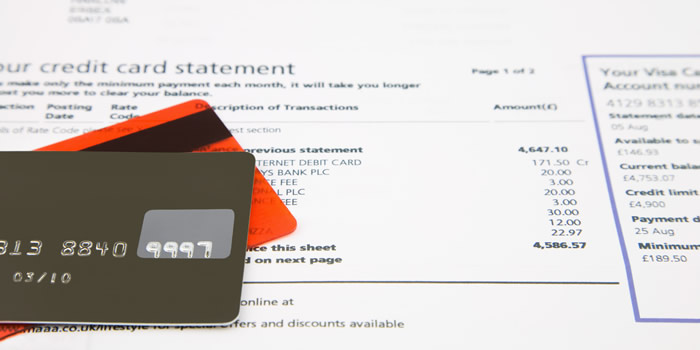
Credit cards are a useful financial tool when used responsibly. That means paying off your balance in full before the end of your grace period. Personal finance expert Pattie Lovett-Reid recently wrote an article on credit card rules to live by. We thought it would be fun to borrow some of her rules and expand upon her list. Although this may be common knowledge for some, everyone needs a refresher sometimes.
Rule 1: Choose Your Credit Card Wisely
With the hundreds of credit cards out there, it can be easy to feel overwhelmed. Before you sign up for the next credit card offer that comes in the mail, you should take some time to compare credit cards. Compare cards in terms of interest rates, annual fees and rewards. Make sure the credit card suits your individual lifestyle and spending habits.
Rule 2: Understand the Power of Compound Interest
“Compound interest is the eighth wonder of the world. He who understands it, earns it … he who doesn’t … pays it.” – Albert Einstein
Before you swipe or tap your credit card, ask yourself if you can truly afford it. If you won’t be able to pay off your outstanding balance in full, you should really think twice about charging it. Compound interest can really work against spenders – carrying a balance can take you months or the years to pay off and cost you thousands in interest.
Rule 3: Read the Fine Print
Before you sign up for a credit card, it’s important to read the fine print. Your credit card agreement helps break down the important details you’ll want to know. Understanding your credit card payment terms is crucial: you’ll want to know the fees for missing a payment, the length of the interest-free grace period, and how interest charges are calculated.
Rule 4: Don’t Sign Up For Too Many Credit Cards
For most people, two credit cards is plenty. Use one credit card as your primary card for daily spending, and the other as a backup card in case of emergencies. A backup credit card can also be handy for using at places prone to credit card skimmers like gas stations. Just remember there’s such a thing as too much of a good thing: too many credit cards can hurt your credit rating because you’ll have more money at your disposal.
Rule 5: Monitor Your Account
If the recent string of credit card breaches has taught us anything, it’s that it’s important to closely monitor your account for fraudulent charges. Although most credit cards offer zero-liability protection, you should still watch your statement like a hawk. You don’t have to wait for your statement to arrive in the mail – get in the habit of checking your statement online weekly for suspicious charges.
Rule 6: Report Credit Card Fraud Immediately
If you suspect you’ve been the victim of credit card fraud, it’s important to report it immediately. Most credit card issuers have a 24-hour toll-free hotline to report fraud and theft. Once your issuer confirms fraud, they should cancel your credit card and issue you a new one.
To protect yourself from further liabilities, you should immediately request a copy of your credit report from credit reporting agencies, TransUnion and Equifax. Once you’ve reviewed your credit report, you should alert the credit rating agencies of the fraudulent activity so that a flag is put on your account.
Rule 7: Track Your Spending
Why go through the hassle of tracking your spending when you don’t have to? Your credit card offers a simple and convenient way to track your spending. Take the time to develop a budget and compare your actual spending on your statement at the end of the month. You’ll have a better idea where your money is going and where you can reduce your expenses.
Rule 8: Make Your Credit Card Payments On Time
If you’re not able to pay off your full balance, at least make the minimum balance. By failing to make pay off your balance, it can lead to costly fees and hurt your credit rating. If you ever want to own a home or car, maintaining a good credit rating is crucial.




